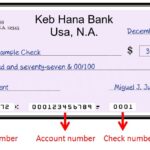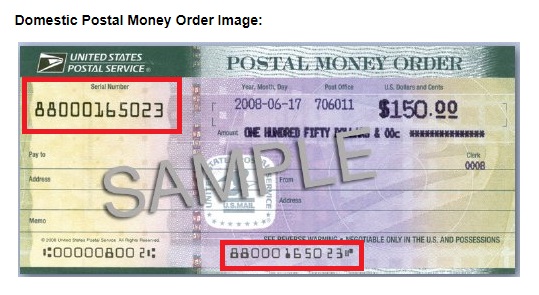A checking account owned by two or additional individuals is brought up as a joint account. Joint accounts have equal access to funds and civil rights to accept and generate account transactions. There are some choices for transferring cash from a joint statement to one report.
How does a joint account work?
Contents
Joint accounts are just like any other bank accounts and work like checking accounts, which lets you write checks and use a debit card.
The primary distinction is that each of those that own the account has complete management over it. With a joint bank account, you’ll get two debit cards and two checkbooks.
Either account owner will write checks or build purchases. Each account holder may add funds or withdraw them from the account, but the money in joint accounts belongs to each homeowner.
Either the person will withdraw or use the maximum amount of money, as they are required, even if they were not the one who deposited the money. This makes the account helpful for handling shared expenses.
However, make sure to solely open a joint statement with somebody you trust, sort of a spousal equivalent, as you are giving that person complete management over the money you set within the account.
Going with the second account holder in the bank and withdrawing the amount
To do this, follow these procedures:
- Meet the opposite joint account owner at the native bank branch wherever you wish to form the withdrawal. Do not forget to note your bank account number while going.
- Fill out a withdrawal slip that you’ll be able to get at the bank. Enter the date, account number, and quantity of the withdrawal.
The names and signatures of each business partner are needed; as a result of withdrawal, slips use just one line for the account name and another for the signature; you’ll have to jot down these facet by facet or one on top of the opposite.
- Hand the withdrawal slip to the clerk. Once he/she asks, offer her identification that contains your image, name, and signature. Acceptable IDs embody a driver’s license or passport.
The opposite account owner should do an equivalent. She will then verify you’re each the signatories on the account which you each approve the withdrawal.
Closing the joint account
Visit your native bank branch with the opposite account holder. Then inform a clerk or another bank representative that you want to shut your account. Next, discuss unfinished transactions with the customer’s man.
In most cases, the bank worker can raise if there any checks or alternative payments that haven’t been cleared in your account nonetheless.
Funds for outstanding transactions should keep within the joint account to stop overdrafts, non-sufficient funds, or come back payment fees. If future costs will be assessed to the joint statement, every account holder is equally accountable for paying the expense.
Sign closing, then paperwork and documentation. You and, therefore, the alternative account holder should each sign documents acknowledging the account closure. Finally, the clerk or teller can disperse the account funds for you, but both of you should decide on a way to divide the funds among one another.
What if one of the holders of the joint account dies?
The case can vary from country to country, and state to state, however below the principles of common law, there are two ways that folks will own property together: conjointly or “in common” (in other words, co-ownership). This, to some extent, gets applied to each land and private property.
If one thing is closely held conjointly, every owner owns the complete beside the opposite homeowners. Therefore if you’ve got a joint bank account with your relative, and that they die, the charge is currently yours. It does not undergo transfer. (Likewise, if you’ve got a joint card, all the debt belongs to you upon their death.)
If you own one thing “in common”, every owner has their part of the complete, which will be passed on to whomever they need upon their death. If you and your sister-in-law own a business together as a partnership, and your in-laws die, you don’t inevitably own the competitive industry. She could have passed her share on to his son, for example.
The details and the way they apply to entirely different things are also substantial from jurisdiction to jurisdiction. However, joint vs. “in common” could be an essential start line to understanding however things may go in your jurisdiction.
Of course, in the real world, you must be discussing that scenario with a professional conversant in the laws in your jurisdiction.





